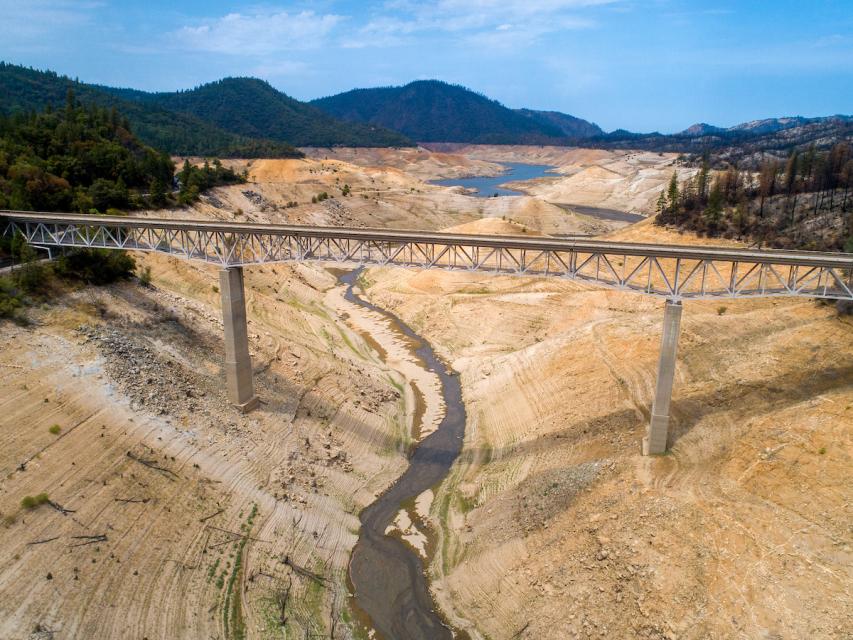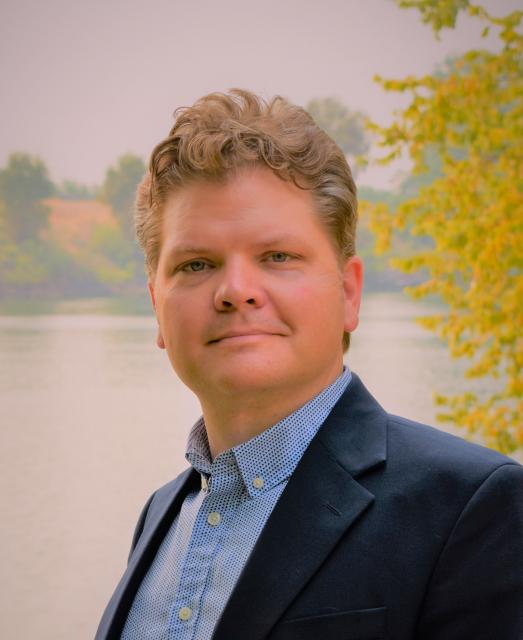Making Progress on Drought Management: Improvements in Seasonal Precipitation Forecasting
June 9th event held in Irvine
 Over the past decade, climate
whiplash in California has been evident in the big swings from
very dry years to very wet years and back again. That dynamic was
seen in microcosm within the 2021-2022 water year as we went from
a relatively wet beginning from Oct.-Dec. to the driest
Jan.-March period in the state’s history, rendering the spring’s
precipitation “too little, too late.”
Over the past decade, climate
whiplash in California has been evident in the big swings from
very dry years to very wet years and back again. That dynamic was
seen in microcosm within the 2021-2022 water year as we went from
a relatively wet beginning from Oct.-Dec. to the driest
Jan.-March period in the state’s history, rendering the spring’s
precipitation “too little, too late.”
How has this new reality affected our reliance on historical patterns to forecast California’s water supply? What efforts are being made to improve precipitation forecasting at varying time scales through new science, models and technology? Participants found out at our one-day event June 9 in Irvine, Making Progress on Drought Management: Improvements in Seasonal Precipitation Forecasting.
Participants heard about the latest advancements in sub-seasonal to seasonal forecasting — weather predictions from two weeks to a season ahead — and how these predictions could improve management of water infrastructure including dams, flood storage and reservoirs. Preliminary research for the Upper Colorado River Basin was also covered.
The event was ideal for anyone involved in managing water resources. It covered what is and isn’t known about forecasting California’s winter precipitation weeks to months ahead, the skill of present forecasts and ongoing research to develop predictive ability. Other topics included experimental forecasts of atmospheric rivers and winter blocking conditions.
Speakers included:
- Jeanine Jones, California Department of Water Resources
- Alex Tardy, National Weather Service
- Mike Anderson, California Department of Water Resources
- Mike DeFlorio, UC San Diego, Scripps Institution of Oceanography
- Xubin Zeng, University of Arizona
- Agniv Sengupta, UC San Diego, Scripps Institution of Oceanography
- Xianan Jiang, UCLA
This special workshop was held from 8:30 a.m. to 2:30 p.m. at the Beckman Center in Irvine. The $79 registration included refreshments, lunch and materials.
The event was sponsored by the California Department of Water Resources in partnership with the Water Education Foundation.
Location & Parking:
The workshop was held in the Huntington Room at the
Beckman
Center of the National Academies of Sciences &
Engineering, 100
Academy Way, Irvine, CA 92617. Free parking was available on
site.
NOTE: The National Academies required that all
visitors to the Beckman Center be fully vaccinated against
COVID-19. Visitors must show their official COVID-19 Vaccination
Record Card (or a digital photo of the card) before entering the
building. The Beckman Center staff checked for vaccination status
at the front desk.
Huntington Room
100 Academy Way
Irvine, California 92617










